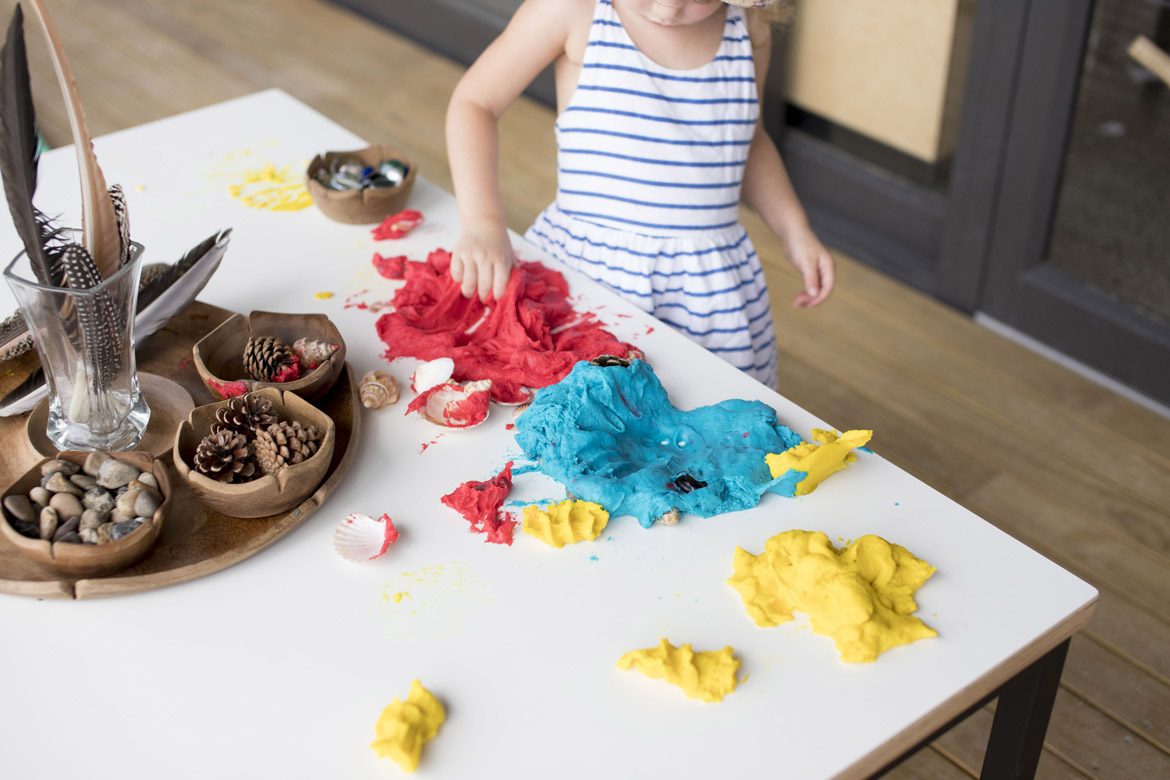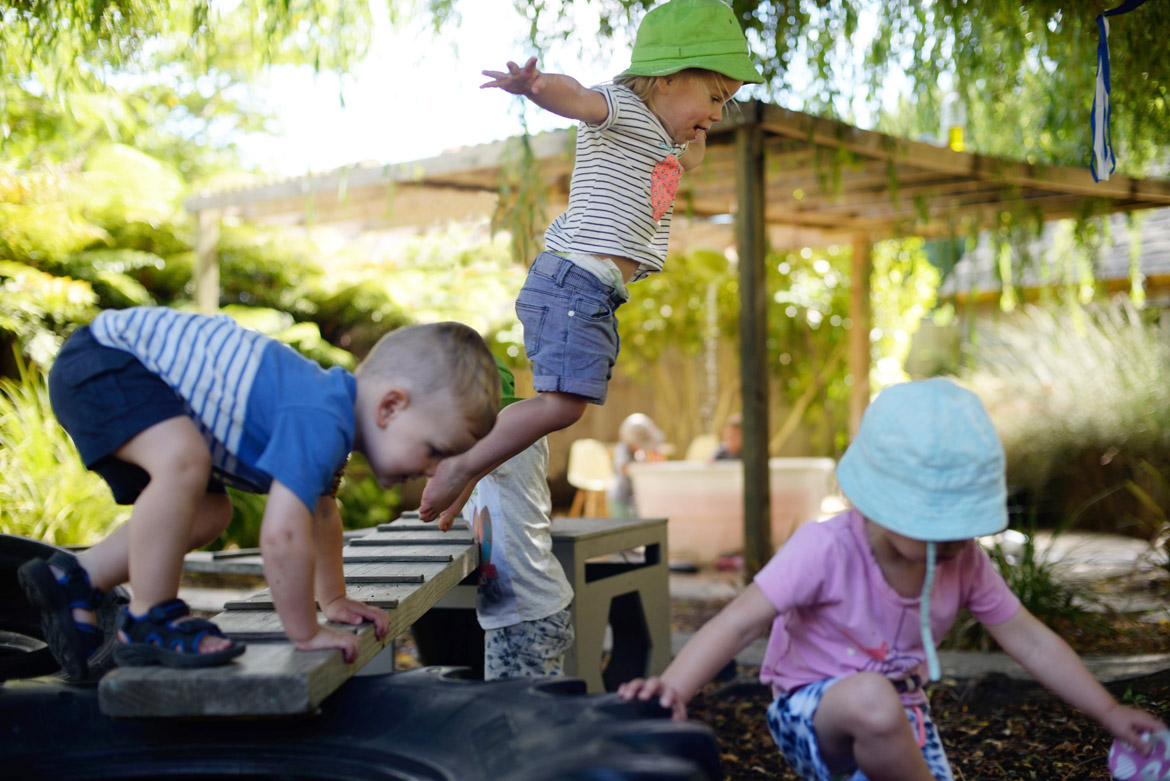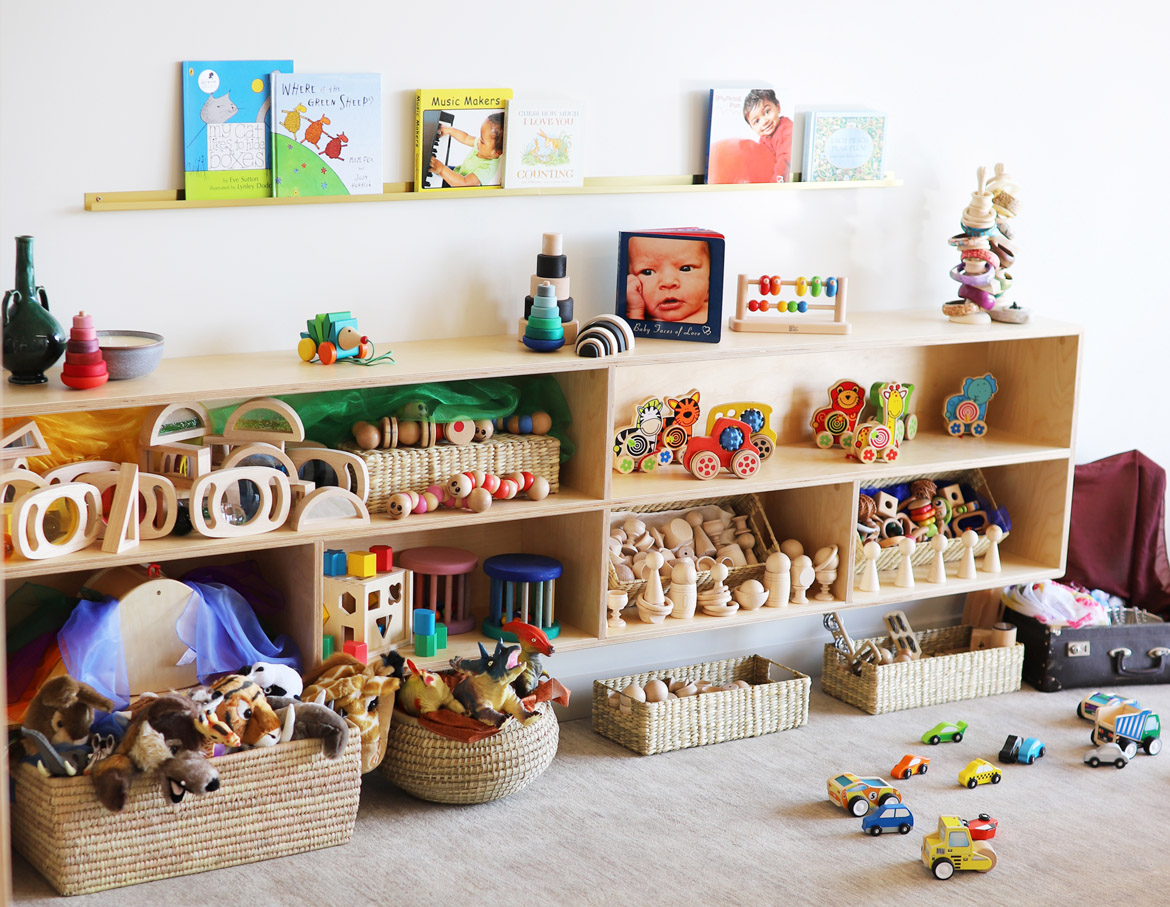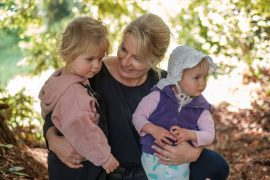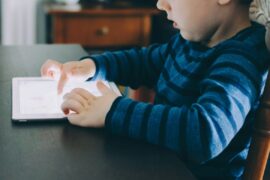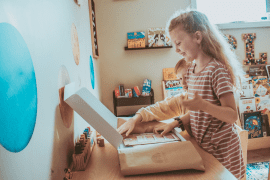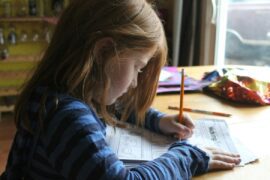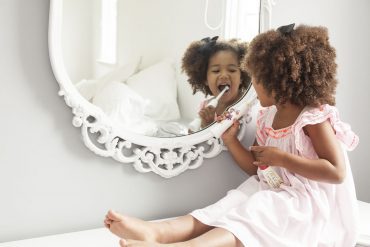By Hannah Schenker
Experts agree that in the future, the job force is going to change considerably. Many existing jobs will be replaced with automation. The job market will require innovation, creativity, empathy, individuality – things that computers cannot easily replicate. So how do we prepare our beautiful children for such a future? How do we set them up for a life in which they feel capable, valuable and have a purpose? We can start with innovative early childhood education.
How do we set children up to be creative, empathetic, innovators from an early age?
Good quality PLAY-based learning
Play-based learning takes into consideration a child’s natural brain development and does not rush them into learning they are not ready for. The word “play” carries with it connotations of fun, relaxation, physical movement, pleasure – not sitting down at a classroom desk and getting serious about learning, right? But because of this, play has become undervalued, seen purely as a recreational activity, even “time-wasting”, and not the rich learning environment that it really is for our little ones.
“Our child’s right brain develops first, when children are around 3-4 years of age. The right brain is responsible for empathy, intuition, imagination and creativity. It is where they wonder, dream, connect and come alive. The left brain, on the other hand, doesn’t fully come online until children are approximately seven years old. The left brain’s functionality is one of language, numeracy, literacy, analytical thinking, calculation, analysis and time.” – Vince Gowman
For young children, play and learning occur simultaneously – it’s not one or the other, it’s both. Through play, a child will develop all sorts of skills that you may not even be aware of: risk taking, divergent thinking, communicating with clarity, taking risks, solving problems, compassion, grit, inclusion, creative thinking, questioning and collaboration to name a few [source]. Rather than learning facts by rote to regurgitate later, play-based learning allows a child to come up with their own thoughts.
What makes good quality play?
- Open ended
- Child led
- Variety of resources and set-ups
- Informed by children’s interests
- Play that takes into account children’s different WAYs of expressing intelligence
- Play that respects the pace at which children develop, and allows them to do so naturally
See next page for more…

